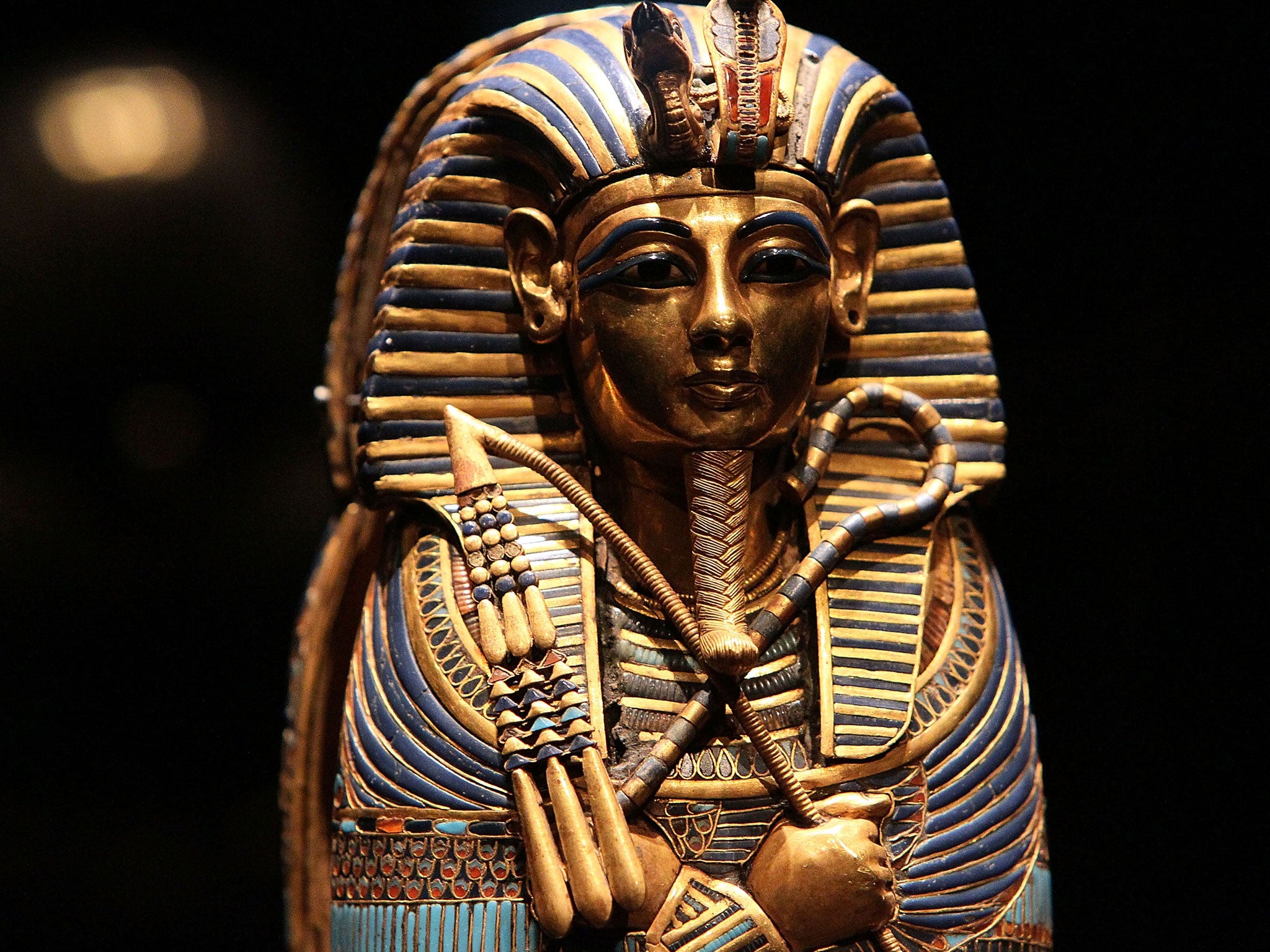Register as an organ donor and ensure life after death - ancient Egyptian-style
Almost everyone would accept an organ if they were offered one – yet only 57 per cent of families consent to the donation of their loved one’s organs. Why the selfishness?


One of the few facts schoolchildren tend not to forget about ancient Egypt is that the Pharaohs were buried with their servants. When the big man finally shuffled off to that Great Pyramid in the desert, his devoted attendants would be gently despatched to the afterlife with him, via a gentle whack about the head with a mallet.
In these enlightened times it appears an act of monstrous selfishness and vanity, but the same is happening in this country, every day.
It is only relatively recently that advances in medical science have bestowed upon our organs the power to give life to others once we are done with them, yet most of us still choose to have these squidgy little miracle-workers buried in the earth or obliterated in incinerators.
Only this week, two nine-year-old twin boys in Manchester came home from hospital with a new kidney each, both from the same donor, after waiting just three days. It’s the sort of event that makes you feel overjoyed at the wonder of humanity, but they’re too rare.
Some 7,000 people in Britain are currently waiting for an organ. It’s likely that more than a thousand of them will die before they get one, but the most telling stat is the one that the NHS Blood and Transplant unit is currently quoting as the centrepiece of a new strategy it has launched this morning.
Almost everyone would accept an organ if they were offered one – yet only 57 per cent of families consent to the donation of their loved one’s organs. Why the selfishness? What can be done?
There is much debate over whether the system should be an opt-in or opt-out one. The Welsh Assembly has already passed a bill to change to assume consent unless otherwise arranged.
Israel and Singapore have swelled their organ donation registers with policies that put people happy to donate their organs higher up the list to receive one.
Great Britain already has 20 million people on the donation register, but only 60 per cent tell their families they have done so. Rather incredibly, families can and often do overturn the pre-stated desires of the dead, and say no to donation even when the deceased is on the register.
Of the 500,000 people who die in the UK every year, only 5,000 of those do so in circumstances in which organ donation is possible. This is to say, in hospital, and usually having been kept alive on a ventilator first. Sometimes people who die while waiting for an organ transplant end up not donating their own.
Objections, predictably, come from religious groups, whose ideas about life remain largely unevolved from the time of the Pharaohs. Other shrill claims along the lines of “the state doesn’t own my liver.” But, like it or not, the state will take a sizeable chunk of your assets when you’re gone. That’s a system you simply can’t opt out of, and at least you can be fairly sure your kidneys won’t be used to clean anyone’s moat.
Mercifully, not many of us believe in an afterlife anymore, at least not in the way the Pharaohs did, yet it is now, in a sense possible. Each of our bodies can transform the lives of nine different people, once we’re done with them, and instantaneously too. So if you want the day you die to be the greatest day of your life, sign up here.

Join our commenting forum
Join thought-provoking conversations, follow other Independent readers and see their replies